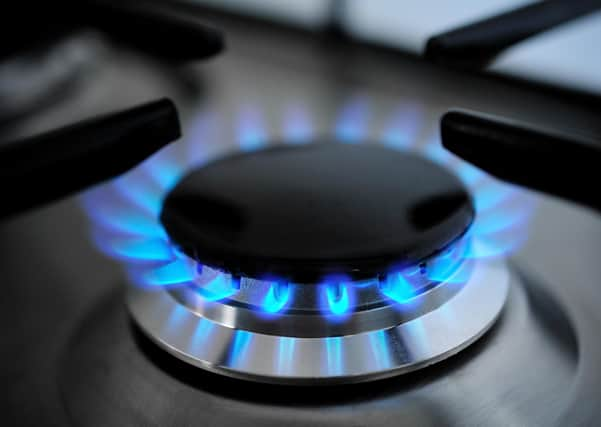Utility regulator admits that its hands are tied over soaring gas prices in NI


Gas bills could soar by another 50% in Northern Ireland later this year, according to the latest warning from the regulator.
John French has warned that households in Northern Ireland are likely to continue to feel the effect of an unprecedented increase in gas prices internationally throughout the winter and into next year.
Advertisement
Hide AdAdvertisement
Hide Ad“Gas prices this year have risen to levels we have never experienced before,” he said yesterday evening.
He said that while the gas industry in Northern Ireland is tightly regulated, powers do not extend to forcing companies to make a loss when selling gas to consumers.
“Effectively, we have no power to ask them to sell it below the commodity price. We cannot ask companies to operate at a loss.”
“The underlying commodity of natural gas has increased by so much over this period,” Mr French told BBC Radio Ulster on Wednesday.
Advertisement
Hide AdAdvertisement
Hide AdHe said that efforts to reduce network costs and pass on savings to consumers were being “dwarfed” by the price of wholesale gas worldwide.
“That is the underlying driving factor,” he said.
Firmus Energy and SSE Airtricity had already increased prices by 35% and 21.8% respectively – both price increases took effect this month.
This price increase was based on a wholesale price natural gas of around £1.15 per unit.
The current price is now between £2.30 to £2.50.
He predicted that customers will continue to see high costs until at least next summer.
Advertisement
Hide AdAdvertisement
Hide Ad“With such a volatile market, it is really difficult to predict how long gas prices will stay high,” Mr French warned.
“Should wholesale energy prices reduce, our system of regulation in Northern Ireland allows us to act to make sure that reductions are fully passed onto consumers as quickly as possible,” he said.